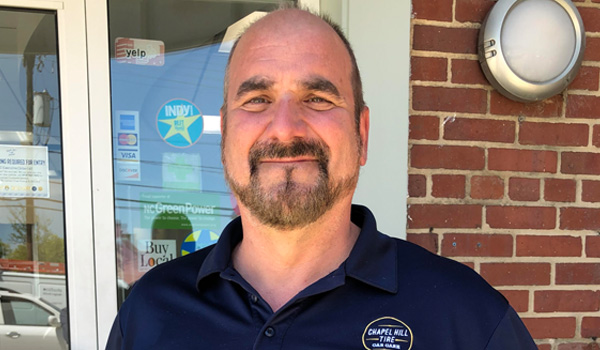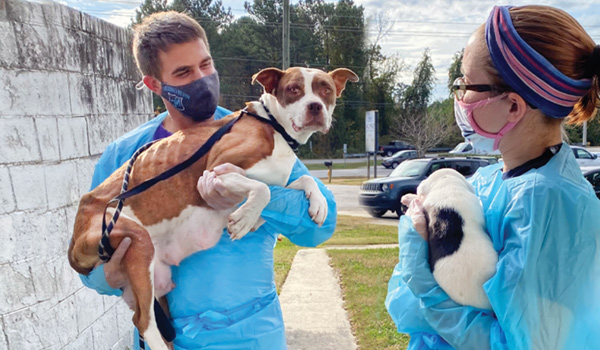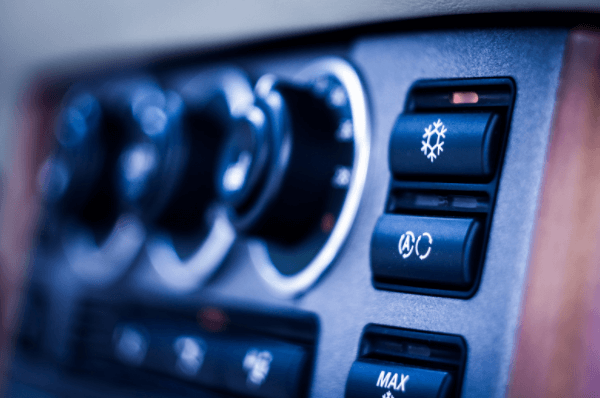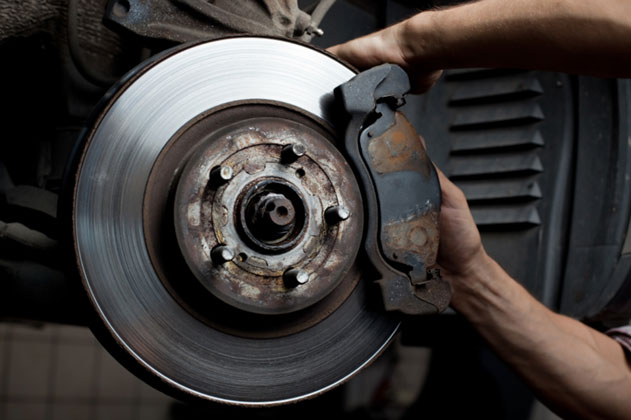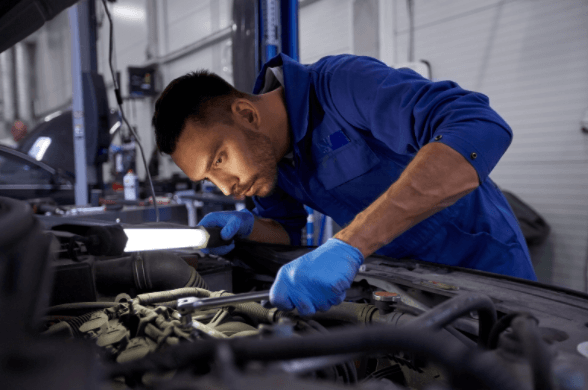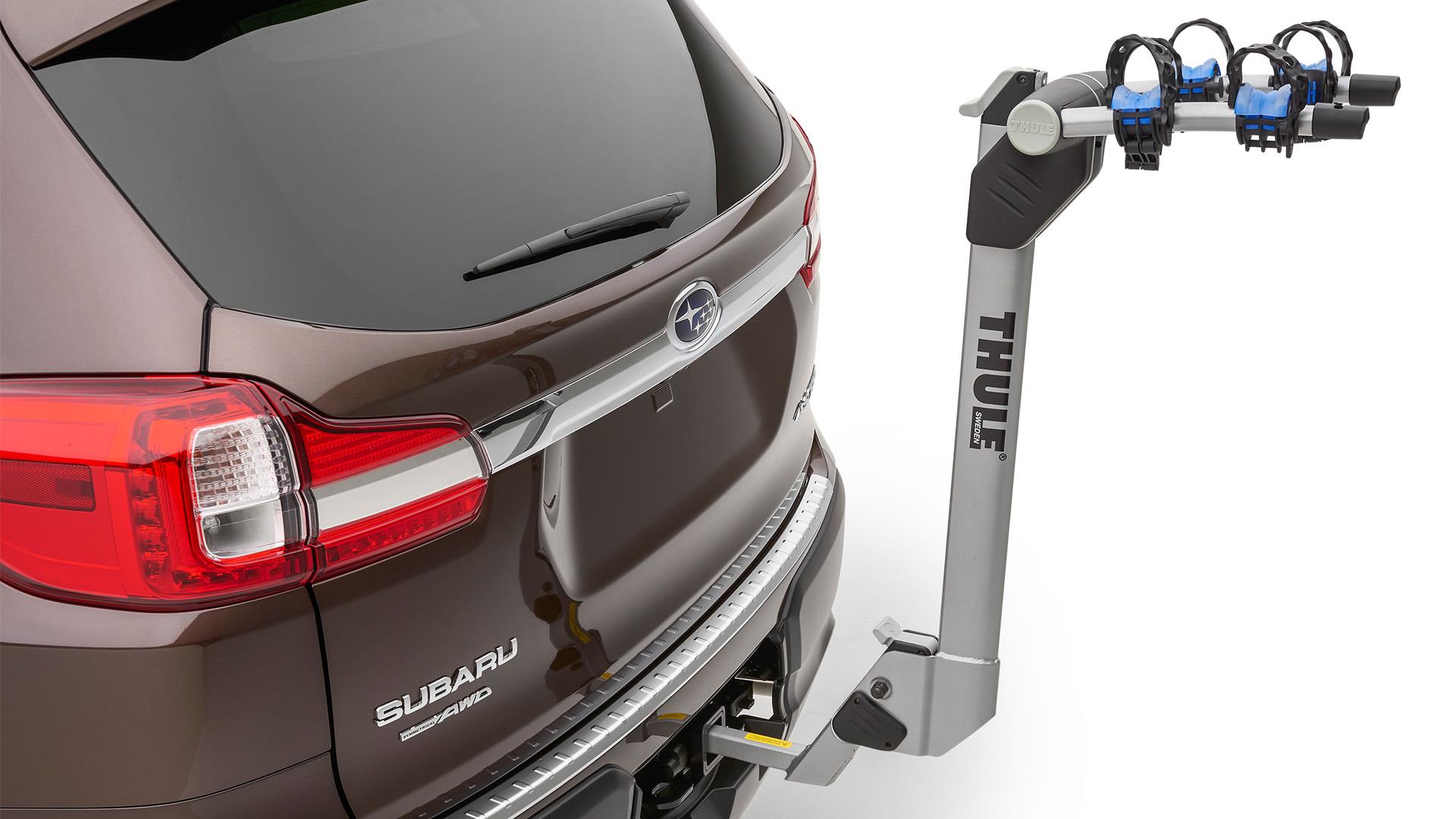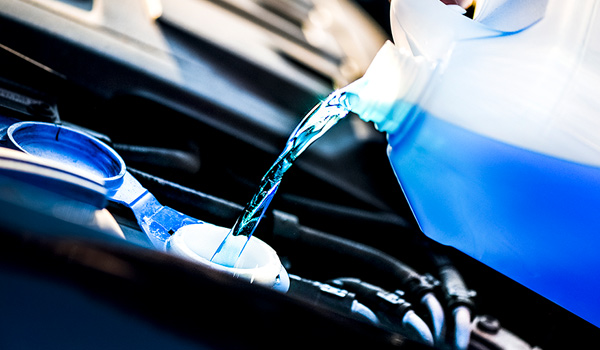Brakes stop your wheels, but tires are what really stops your car.
When the roads are clear and dry, it’s easy to forget about your tires. Just like the shoes you wear every day, your tires are not top of mind – unless something goes wrong.
If you’ve ever worn dress shoes on a slick, wet sidewalk, you know what we mean. Suddenly, that slippery feeling underfoot makes your shoes a whole lot less comfortable. But if you change those dress shoes to a pair of hiking boots, with nice deep tread and non-slip soles, that unsettling slippery feeling goes away.
Just like you need to pick the right shoes for the job – sneakers for the gym, dress shoes for the office, or hiking boots for protection from the elements – you also need the right tires for your driving conditions. But since tires are a whole lot harder to change than shoes, traction and stopping power win out over good looks.
While keeping your brake system in good running order is essential to stopping your car, your tires will make or break your braking ability. And the stopping power of your tires all comes down to two things. First is the contact patch, the part that’s actually in contact with the ground. Just as important is the condition of that contact patch, or how much tread is left on your tires.
The Contact Patch: Your Car’s Footprint
Just like you, your car has a footprint. Since your car is a lot bigger than you, you’d expect its footprint to be bigger, too. But it isn’t. Your car’s footprint, also known as the contact patch, isn’t any larger than the size of your own soles. Why so small? So your tires won’t get thrown out of shape each time you brake, and will stay round and roll smoothly.
Unless you’re Fred Flintstone, you’re probably wondering: How the heck can such a small spot of rubber keep your car from sliding off the road?
The secret lies in the detail-oriented design of your car’s tires. Tire manufacturers have been testing and refining their tread depth, contact patches, and tire materials for decades, all with the goal of providing maximum stopping power in the widest variety of conditions.
One of the most innovative designs is Michelin’s Pilot® Sport All-Season 3+™. Its contact patch is precision-tuned, and made of a special oil-based compound that delivers peak performance year-round, no matter the weather conditions.
Even the most expertly engineered contact patch, however, won’t transfer braking power from your wheels to the road, if it doesn’t have enough tread. Just like slick-soled shoes on a wet sidewalk, driving on bald tires will take the traction right out from under you. So, no matter what tires you choose, you’ll want to keep an eye on how much tread they have left. We check your tread every time your car comes into our shop for any service, but you can also conduct a quick test anytime, anywhere.
The Coin Test: Quarters, Not Pennies, Tell You When to Change Your Tires
Abe Lincoln may have been as honest as politicians come, but his likeness has been used to spread some bad advice about when you should change your tires. If you’ve ever been wondering out loud whether you need new tires, only to have a friend pull a fresh penny out of their pocket in response, you may have fallen prey to the infamous “penny test”.
The idea is sound: Use a common coin to tell whether your tire still has enough tread to keep you safe. Insert the penny into a tread with Honest Abe’s head pointing towards the tire, if you can see the top of his head, it’s time for new tires. But there’s a big problem with this test: According to tire experts, the 1/16th of an inch that’s between the rim of a penny and the top of Abe’s head just isn’t enough.
And those same tire experts just cannot tell a lie: They think George Washington is a much better gauge of tire health than Lincoln. Conduct the same test using a quarter, and you get a full 1/8th of an inch between the rim and Washington’s head – and a much better sense of whether you need new tires.
In the end, your tires have the final say on how well your car stops when you press on the brakes. Keeping your car’s footprint in good shape is a critical step in maximizing your stopping power.




